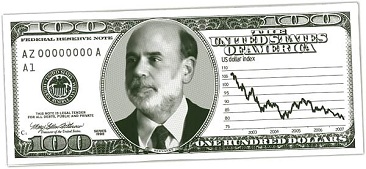Wikipedia shuts down to protest censorship bills
Wikipedia, the free online encyclopedia, is shutting down for 24 hours today to protest internet censorship bills currently being considered by the US Congress.
The Wikipedia Foundation announced its plan to make the English-language Wikipedia “go dark” in a press release posted on its site Monday. The move will coincide with similar actions by a number of sites, including Reddit, the link sharing site, and BoingBoing, a technology blog.
The protest is aimed against two bills, the Stop Online Piracy Act (SOPA), currently under consideration in the US House of Representatives, and its counterpart in the Senate, the Protect IP Act (PIPA). The laws would increase the government’s power over the Internet and its ability to shut down sites in the name of enforcing copyright law. They have strong support from both Democrats and Republicans
“If passed, this legislation will harm the free and open Internet and bring about new tools for censorship of international websites inside the United States,” the Wikimedia foundation, Wikipedia’s parent organization, said in its statement Monday.
The bills would give the US government and major corporations the power to shut down access to web sites on the basis of court orders sought by the office of the Attorney General, which is subordinate to the White House. The court orders would force other companies, including search engines, to halt financial transactions and disable any links to the relevant sites.
In their current forms, the bills would allow sites to be removed from domain name registrars (which connect Internet addresses such as www.google.com with particular computer servers) and be blocked by Internet service providers.
The laws would allow the government to prosecute the owners of websites that link to any site providing copyrighted material, including search engines. They would also encourage web hosts and payment providers to extra-judicially blacklist websites they suspect of providing copyrighted content.




























